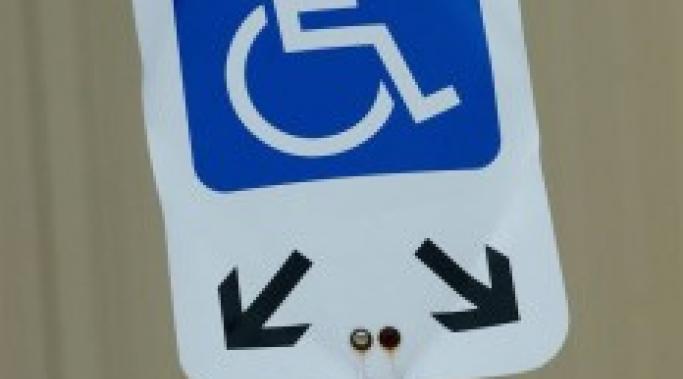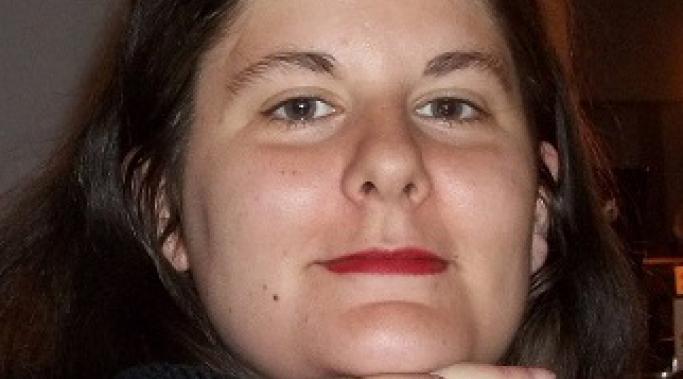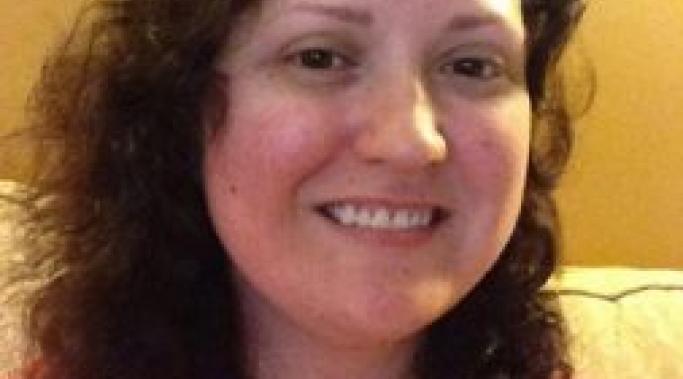Blogs
Do you get unwanted, unsolicited medical advice about binge eating disorder? For me, it never fails. The second I mention to an acquaintance or family member, whether online or in person, something about my diet, my food, or anything of that nature, I suddenly get inundated with unwanted medical advice. Even offhanded comments, like trying a new food or baking for someone's birthday, causes people to switch into know-it-all mode and start dishing out doctor's orders about binge eating disorder that no one asked for. No one that you casually know should be advising you on your diet, especially when you didn't ask them to in the first place.
Social anxiety: we hear the term with increasing frequency. Formerly known as social phobia, it involves the experience of heightened anxiety in social situations. That description, though, barely touches the surface of what social anxiety truly is. Social anxiety relates to thoughts and feelings inside of us as they correspond to people and settings outside of us. Indeed, with social anxiety, both our inner world and our outer one contribute to the feelings of worry, unease, and even fear that can almost paralyze us.
How can you love yourself and have self-acceptance and yet deny part of your true identity? Is such a feat even possible? This is a problem that is common among many people within the lesbian, gay, bisexual, transgender, and queer community (LGBTQ). Unfortunately, many LGBTQ individuals cannot come out due to safety reasons. If they were to come out as gay or transgender, they risk the scary chance of getting kicked out and ending up on the streets. They can even lose their jobs. So while the world proudly declares that we must be unashamed of our true selves, society’s reaction toward many LGBTQ people is a contradiction. And it has very negative effects on the mental health of LGBTQ individuals. A lack of self-acceptance can even worsen depression in LGBTQ individuals.
When I sat down to write my blog this week, what came to mind is that I’ve been having trouble mood-wise lately – depressed mood, low energy, anxiety – and how this seems to go against what we commonly associate with the beginning of a new year. But I have to live life, even when I'm depressed.
I don’t really go around shouting the fact that I am disabled. I have an invisible disability so I suppose that affords me the luxury of not having people know. But, in fact, severe bipolar disorder is a disability. Ask anyone who lives with it. They will tell you how disabling it is. It’s horrendous. And, in Canada, we have a disability tax credit. It’s supposed to making working a little bit easier for people with a disability. Well, I have a disability and I was denied the disability tax credit.
My name is Elizabeth Caudy. When I was little, I always knew my uncle was different. As I grew older, I was able to grasp that he had schizophrenia. Since I knew schizophrenia ran in families, I was always afraid that I would become schizophrenic. And I did.
We have all experienced moments that spark a certain thought or make us feel a certain way. For some, an “ah-ha” moment could be a specific lesson an admired professor taught or something tragic occurring on the news. It may be the birth of a family member or the death of a loved one that really stops you in your tracks. Sometimes, these incidents could be the push you need to stop an addiction or an unsafe habit.
On December 19, 2014, I published an article titled, 3 Questions I Asked My Loved One About My Anxiety Disorder. It was a candid interview with one of my very good friends. Her responses were unedited, very candid, and, in many ways, very painful for me to read. I recommend reading that post before reading this one about my response to my loved one's feelings about anxiety disorder.
My name is Star LaBranche and I'm so excited to be writing for the new blog, Binge Eating Recovery. I've struggled with my weight and body image my entire life. Although my eating problems went unnoticed for years, I was finally diagnosed with overeating and food addiction (now known as binge eating disorder) a few years ago. Since then, it's been a journey of discovery to find a way to eat, be healthy and feel comfortable in my own skin. It hasn't been easy and there are always setbacks, but I'm on the right path.
Having gratitude is a powerful way of making you feel better about yourself. Being thankful for all the good things helps you to focus on the positives and it puts you in a better frame of mind. It helps with your self-esteem, happiness, and overall wellbeing.









I believe she will only be able to rid herself of her demons, and hopefully her BPD as well, when she's ready to confront the abuse of her father. If she can put the blame where it belongs, she may stop projecting that victim/perpetrator cycle on the present men in her life. These demons are a metaphor for the purgatory she has created for herself. That reality has consequences in the real world, but it need not be real in the tangible sense. Exorcising her demons will require the expenditure of real physical energy and probably the destruction of aspects of her personality. If this ever happens, and it's possible but not probable, then these demons will evaporate. They are only as real as one's personality is real. In short, reality is not the question, it's what you make of the things you feel to be real.